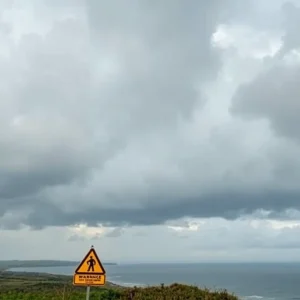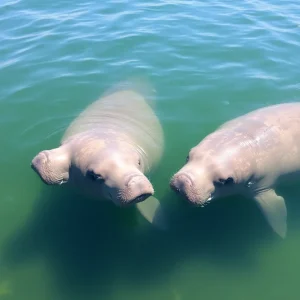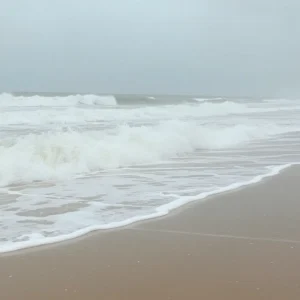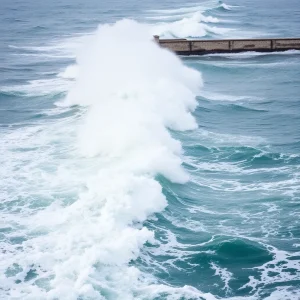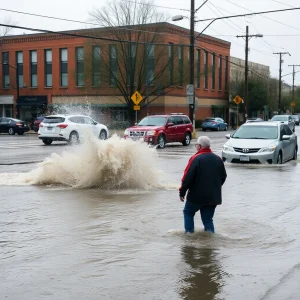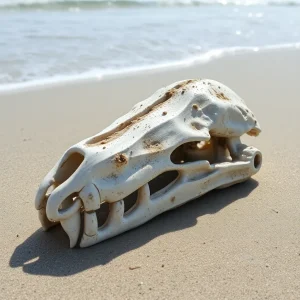Corolla, N.C. Issues Swimming Advisories Amid Flooding Concerns
Corolla, North Carolina, is making waves—though not in the way surfers and beachgoers would prefer! Recently, the area, a beloved hotspot for its beautiful beaches and great surf, has been added to the list of locations under precautionary swimming advisories. This comes after heavy rains caused significant flooding, leading to some tough decisions made by state water quality officials.
Floodwaters and Pumping Policies
The North Carolina Department of Environmental Quality has announced that floodwaters, which could be carrying pollutants, are currently being pumped back into the ocean in Corolla. The release outlined the situation, stating, “Recent rains caused flooding of streets, yards, and housing in parts of Corolla and nearby communities.” In an effort to combat the flooding and keep streets clear for emergency services, the town decided to pump this excess water out near Crown Point Circle and Myrtlewood Court.
It’s important for surfers and swimmers to exercise caution during this time. Those planning to dip their toes in the water at Corolla Beach are currently advised to stay out of the ocean as the water quality changes.
Wider Impact Along the Coast
Corolla is not alone in this advisory situation; several beaches along the North Carolina coastline are being kept on alert. The aftermath of a tropical system that dumped an enormous amount of rain on the state has affected many coastal areas, with the southeastern parts of North Carolina receiving a significant blow. Places from Wrightsville Beach in New Hanover County all the way to Holden Beach in Brunswick County have also been put under similar swimming advisories due to the challenges posed by this added floodwater.
Enterococci Bacteria Concerns
Among the sites dealing with these issues are other popular areas in Dare County and Carteret County. Some water samples collected in these locations revealed that levels of enterococci bacteria have surpassed both state and federal safety standards. Now, before you panic, it’s worth noting that while this bacteria isn’t known to cause illness, it can indicate the presence of other harmful organisms in the water.
In Nags Head, for instance, water samples taken from East Hollowell Street have shown a monthly average of 41 enterococci per 100 milliliters of water. This surpasses the acceptable limit of 35 enterococci per milliliter—so, wisely, officials are suggesting caution near the beach. The advisory specifically applies within 200 feet of any posted signs, so it doesn’t affect the entire beach area.
Meanwhile, in Morehead City, two public access points along Bogue Sound are also facing advisories due to similar high readings of enterococci. These sites are located at Sunset Drive and 16th Street, and again, only the waters within 200 feet of the signs are affected.
A System of Safety
The state’s Recreational Water Quality Program has been quite proactive, with 221 testing sites along North Carolina’s coast, where they conduct regular tests on water quality. Most of these samples are taken weekly from April to October, while testing frequency drops a bit during the colder months.
As the summer fun starts to wind down, it’s a timely reminder for all beachgoers to check these advisories before taking a dive. The health and safety of the community is a top priority, and staying informed is a key part of enjoying North Carolina’s beautiful beaches in a safe manner.
So, if you’re in the Corolla area or plan to visit soon, be sure to keep an eye on local advisories and, more importantly, stay safe out there!




